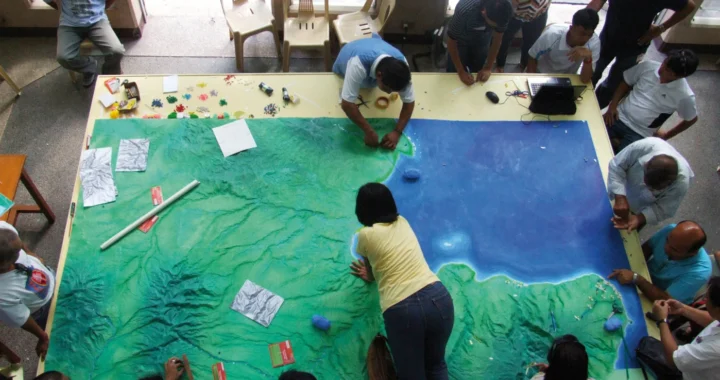How Excessive Screen Time Impacts Adolescents’ Sleep and Mental Health

Photo: Ron Lach on Pexels
The widespread usage of gadgets and digital media has broadened people’s access to information. Adolescents, in particular, are digital natives who are highly engaged with devices. However, this often leads to overuse. Studies show that excessive screen time impacts adolescents negatively in their sleep quality and contributes to increased depressive symptoms.
Key Developmental Period
Adolescence is the age group of 10–19 years old. It is a crucial stage of human development marked by physical, emotional, and psychological changes. As individuals enter puberty, they begin to develop the ability to think more abstractly and make more complex decisions than they could as children.
In this period, young people start to shape their self-image, emotional awareness, and personal identity. It is also a key developmental time for building essential life skills, gaining knowledge, and having experiences contributing to their adulthood.
Nowadays, adolescents are more active than ever in the digital world. Around 75% of 15–24 year olds use the internet globally, with many spending hours each day on digital platforms. Additionally, over 90% of adolescents aged 13–17 years old have social media access and use it daily. For them, gadgets and digital platforms provide opportunities to gain knowledge, develop new skills, and boost creativity. They also help teens build new social connections.
However, these benefits do not come without risks. Spending too much time on digital platforms, sometimes to the point of screen addiction, can disturb adolescents’ sleep cycles and negatively affect both their physical and mental health.
How Excessive Screen Time Impacts Adolescents
A study shows that excessive screen time among adolescents increases their chance of depression due to sleep deprivation. The research looked at more than 4,800 adolescents and found that those who spent more than 3 hours a day on screens often slept poorly. This included problems like falling asleep late, waking up during the night, or not sleeping enough. As a result, many adolescents, especially girls, showed signs of depression within a year.
Several countries have issued guidelines to help reduce the negative impacts of excessive screen time, particularly among children and adolescents. For example, in Australia, Sweden, and the United States, authorities recommend limiting adolescents’ screen time to no more than two hours per day. Australia, where more than 80% of 16-year-olds regularly exceed this limit, passed a bill in late 2024, setting a minimum 16 years old age requirement for using social media platforms.
Towards Healthier Screen Use
As digital technologies have become part of everyday life for adolescents, promoting healthier digital habits is more important than ever. Families, schools, communities, and policymakers all play a crucial role in setting age-appropriate screen time limits and encouraging mindful engagement with digital technology.
Adolescents must be well-informed about the importance of setting boundaries and prioritizing their wellbeing in the digital world. Open conversations and supportive environments can be a powerful first step to help ensure that technology becomes a tool for learning, growth, and connection instead of a barrier to their development.
Editor: Nazalea Kusuma & Kresentia Madina

Join Green Network Asia Membership
Amidst today’s increasingly complex global challenges, equipping yourself, team, and communities with interdisciplinary and cross-sectoral insights on sustainability-related issues and sustainable development is no longer optional — it is a strategic necessity to stay ahead and stay relevant.
Dinda Rahmania
Dinda is an Assistant of International Partnerships at Green Network Asia. She holds a bachelor’s degree in International Relations from President University. As part of the GNA In-House Team, she supports the organization’s partnerships with international organizations, governments, businesses, and civil society worldwide through digital publications, events, capacity building, and research.


 Exploring Public Health Implications of Data Centers
Exploring Public Health Implications of Data Centers  Exploring Technological Advancement to Replace Animal Testing
Exploring Technological Advancement to Replace Animal Testing  Addressing Overconsumption for Transformational Changes
Addressing Overconsumption for Transformational Changes  Global Reform on Fisheries Subsidies Signals a Hopeful Shift Toward Ocean Sustainability
Global Reform on Fisheries Subsidies Signals a Hopeful Shift Toward Ocean Sustainability  A Major Cause of Changing Rainfall Patterns
A Major Cause of Changing Rainfall Patterns  Strengthening Disaster Risk Governance at Local Levels
Strengthening Disaster Risk Governance at Local Levels